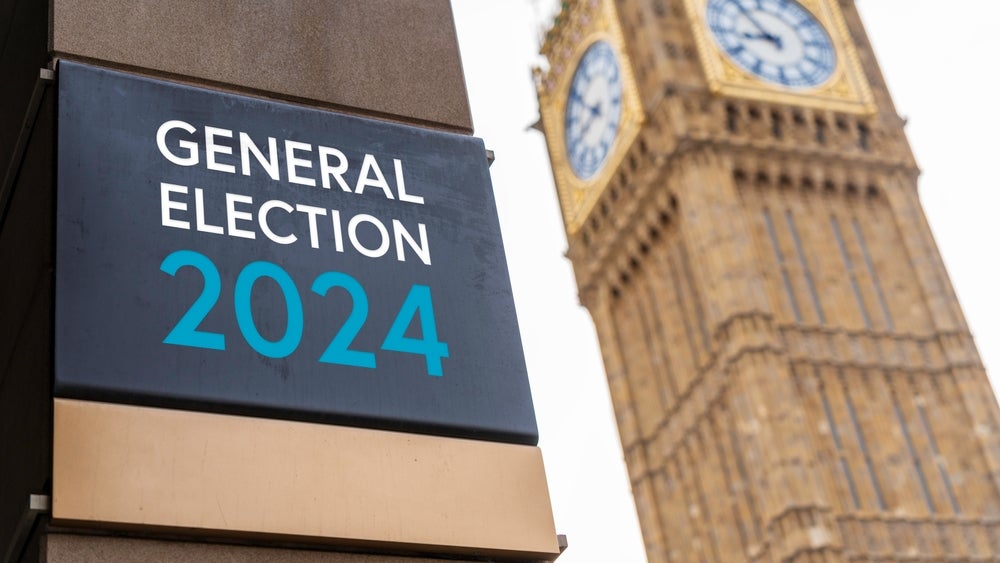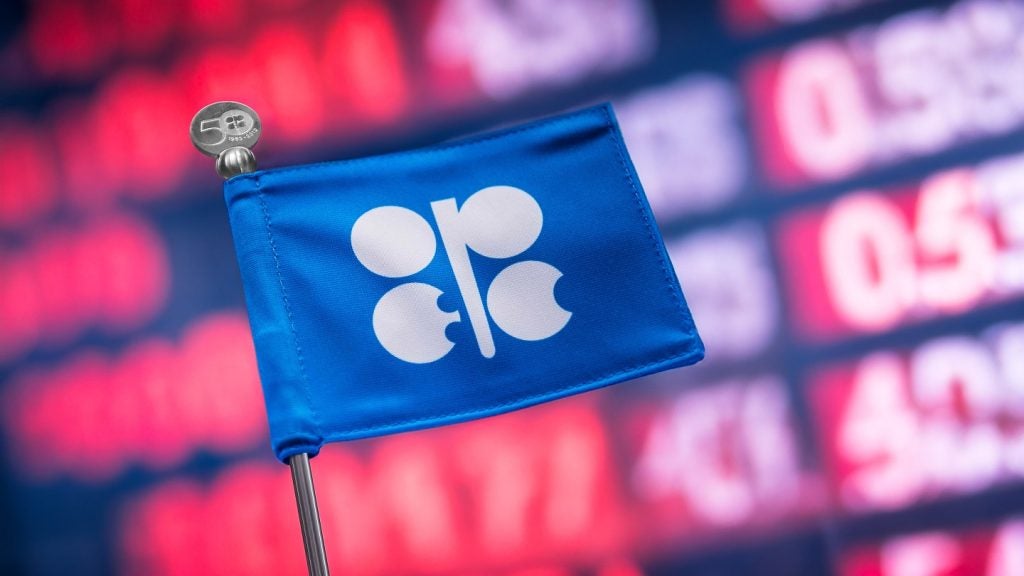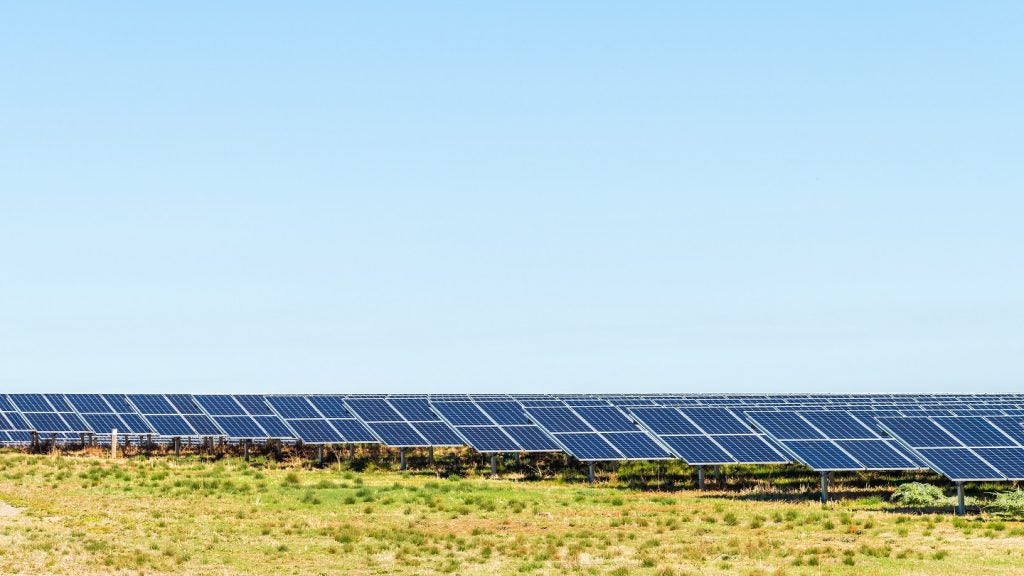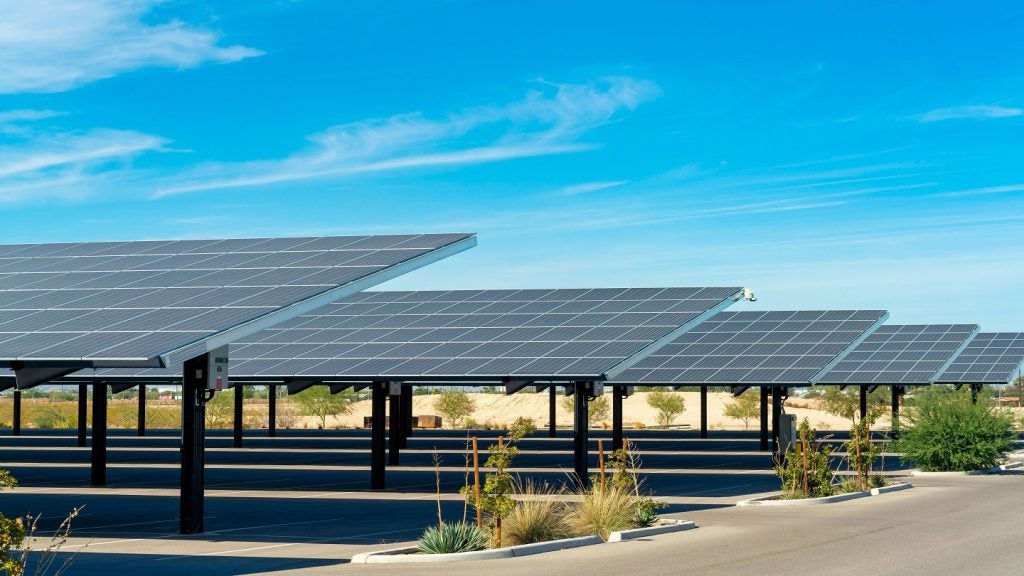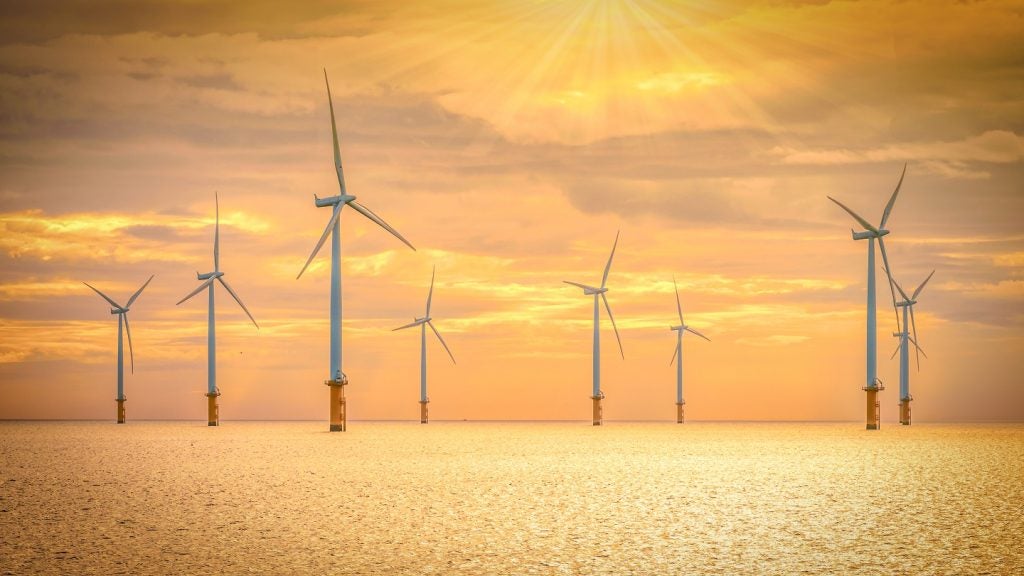Carmakers, oil and gas companies, and textile manufacturers are among the biggest recipients of European green funds, despite being significant climate polluters, according to a new investigation by Voxeurop and European Investigative Collaborations, Notably, Toyota has received €3 billion from these funds, despite its zero-emissions vehicle (ZEV) share being just 2%.
Under the EU’s Sustainable Finance Disclosure Regulation (SFDR), investments marketed as Environmental, Social, and Governance (ESG) must be classified as either Article 8 or Article 9 funds. Article 8 funds, considered ‘light green,’ are meant to promote environmental or social characteristics, while Article 9 funds have sustainable investment as their main objective.
The researchers examined over 4,000 green funds (Articles 8 and 9) across Europe from nearly 800 financial institutions. Their analysis revealed that 200 of the world’s most polluting companies received a total of $85 billion in investments from Article 8 funds and $2 billion from Article 9 funds.
Three carmakers are among the top 10 recipients of these green funds. Stellantis is the fourth-largest recipient, Mercedes the fifth, and Toyota the tenth. Collectively, investments in these three companies support activities responsible for nearly 30 million tonnes of CO2 emissions. Stellantis has received €5 billion with a ZEV share of 7%, while Mercedes has received €4 billion with a ZEV share of 13%. This indicates that most so-called sustainable investments in these carmakers are directed towards carbon-intensive activities. Moreover, there is no evidence that the investments by asset managers included in this investigation are aimed at supporting these companies’ climate transition and decarbonisation efforts.
Including aircraft manufacturer Airbus in the top 10 recipients of green funds is also noteworthy. Airbus delivered over 700 commercial aircraft in 2023, with 99.4% of the fuel used by these planes being fossil fuel.
Xavier Sol, Sustainable Finance Director at T&E, stated: “Europe’s biggest green portfolios are just the same dirty companies, repackaged as sustainable. Today’s investments in Total, Toyota, or Airbus cannot be considered green. We need private capital to accelerate the green transition rather than hinder it. Only investments earmarked for green activities, like zero-emission technologies, should be given a sustainable label.”
T&E recommends that the European Commission, the EU’s executive body, urgently revise its SFDR to prevent greenwashing in the financial sector.
The analysis was conducted by Giorgio Michalopoulos and Stefano Valentino, a Bertha Challenge Fellow for 2024, in collaboration with Voxeurop and European Investigative Collaborations.
T&E cites ICCT 2023 data.




